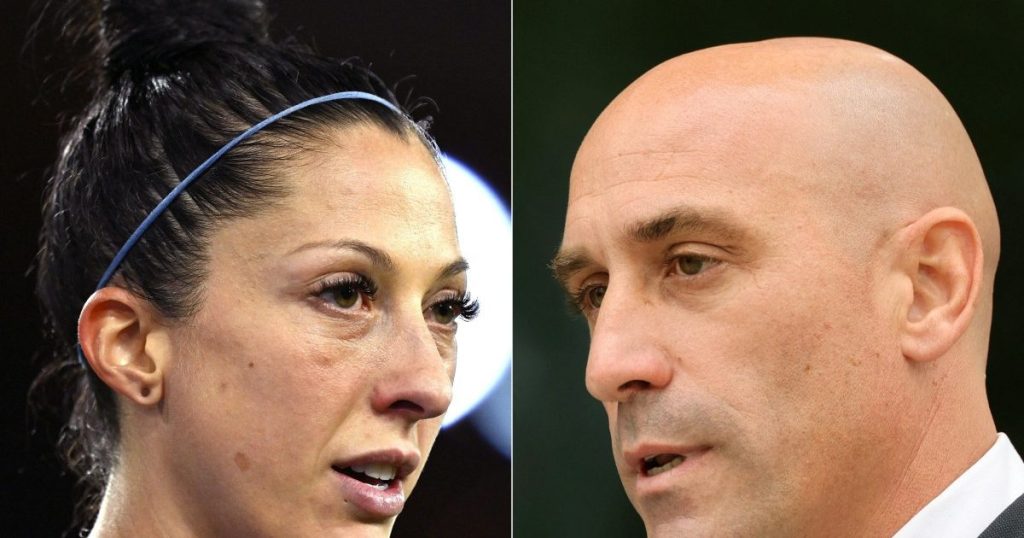The Spanish court’s verdict in the Luis Rubiales case marks a significant moment in the ongoing struggle against sexism and abuse of power within the world of sports. Rubiales, the former president of the Royal Spanish Football Federation (RFEF), was found guilty of sexual assault for forcibly kissing Jenni Hermoso, a star player on the Spanish women’s national team, during the 2023 Women’s World Cup medal ceremony. This conviction, resulting in a €10,800 fine, holds Rubiales accountable for his actions and sends a message that such behavior will not be tolerated, regardless of one’s position or status. While the court acquitted Rubiales of coercion charges, the sexual assault conviction underscores the importance of consent and respect in all interactions, particularly within professional settings.
The incident, broadcast globally, sparked immediate outrage and ignited a broader conversation about the deeply ingrained macho culture and pervasive sexism that continue to plague the sporting world. Hermoso’s testimony, in which she described feeling “disrespected” by the non-consensual kiss, highlighted the emotional and psychological impact of such violations. Her courageous decision to speak out not only brought the incident to light but also empowered other victims of similar abuses to come forward. The case became a rallying cry for gender equality and respect in sports, demonstrating the power of collective action in challenging entrenched power structures and demanding accountability.
Rubiales’ defense, which hinged on the claim that Hermoso had consented to the kiss, was ultimately rejected by the court. His initial defiant stance, in which he downplayed the incident and criticized “false feminism,” further fueled public anger and intensified calls for his resignation. This initial reaction underscored the deeply ingrained resistance to acknowledging and addressing issues of sexism and abuse within sporting institutions. The contrast between his early defiance and his later admission in court of making a mistake reveals a complex interplay of denial, power dynamics, and the eventual recognition of the gravity of his actions.
The fallout from the incident extended beyond Rubiales’ personal and professional life. The scandal rocked the Spanish football federation, leading to his eventual resignation under immense pressure from FIFA, the international governing body of football, and Spanish prosecutors. This demonstrates the increasing willingness of sporting organizations to hold individuals accountable for their misconduct, even those in positions of power. The incident also prompted a wider reflection within the Spanish football community on the need for cultural change and the importance of creating a safe and respectful environment for all players.
Hermoso’s omission from the national squad following the World Cup, while explained by the new coach as a measure to “protect” her, raised questions about the potential for victims of such incidents to face indirect repercussions. While the intention may have been to shield Hermoso from further scrutiny and pressure, the decision also highlighted the delicate balance between supporting victims and ensuring they are not unfairly penalized for speaking out. The situation underscored the need for clear protocols and support systems within sporting organizations to ensure that victims are empowered and protected, while perpetrators are held accountable.
The Rubiales case serves as a stark reminder of the ongoing need to challenge and dismantle the patriarchal structures that perpetuate sexism and abuse within sports and society at large. The court’s decision, while not without its complexities, represents a step forward in holding individuals accountable for their actions and creating a more equitable and respectful environment for all athletes. The global outcry surrounding the incident, fueled by Hermoso’s bravery and the solidarity she received, demonstrates the growing power of collective action in demanding change and creating a future where such incidents are no longer tolerated. The case also highlights the importance of ongoing education and training to promote a culture of respect, consent, and gender equality within sporting organizations at all levels.














